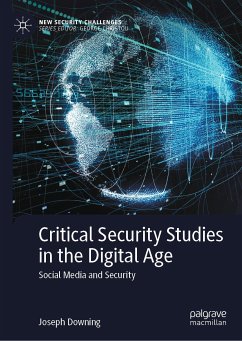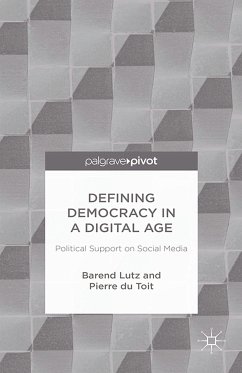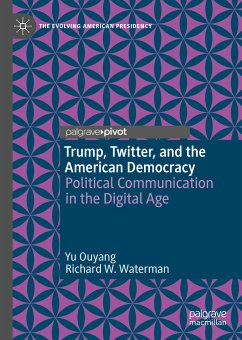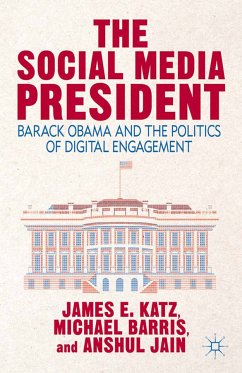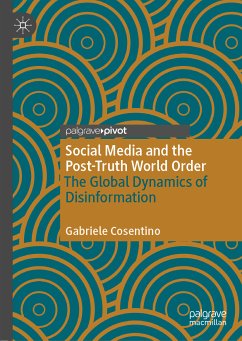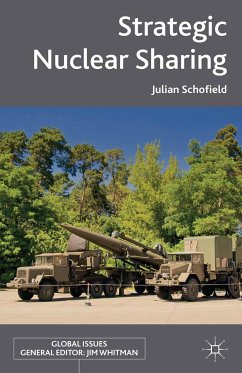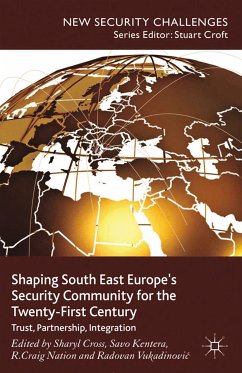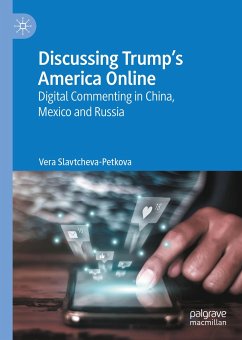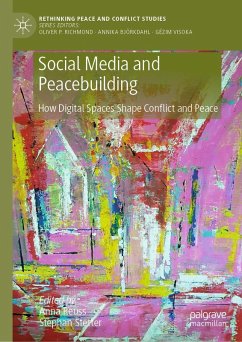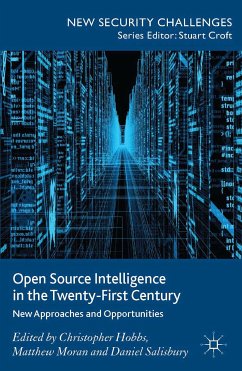
Open Source Intelligence in the Twenty-First Century (eBook, PDF)
New Approaches and Opportunities
Redaktion: Hobbs, C.; Salisbury, D.; Moran, M.

PAYBACK Punkte
40 °P sammeln!
This edited book provides an insight into the new approaches, challenges and opportunities that characterise open source intelligence (OSINT) at the beginning of the twenty-first century. It does so by considering the impacts of OSINT on three important contemporary security issues: nuclear proliferation, humanitarian crises and terrorism.
Dieser Download kann aus rechtlichen Gründen nur mit Rechnungsadresse in A, B, BG, CY, CZ, D, DK, EW, E, FIN, F, GR, HR, H, IRL, I, LT, L, LR, M, NL, PL, P, R, S, SLO, SK ausgeliefert werden.



